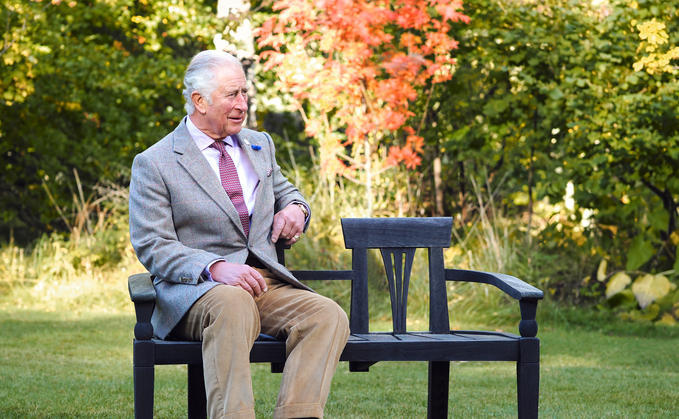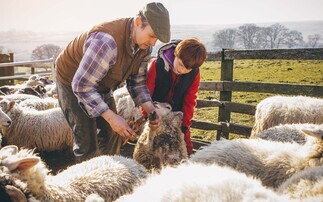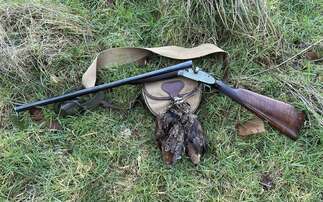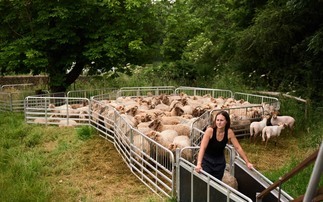
HM King Charles III, Patron Campaign for Wool | Photo Credit: Lloyd Almond Productions | Location: Birkhall, 20th November 2020
The story of wool is one which is woven into the rich tapestry of this country's history. From the booming wool trade of the Middle Ages upon which so much of the wealth of East Anglia was built, to...








.png)




